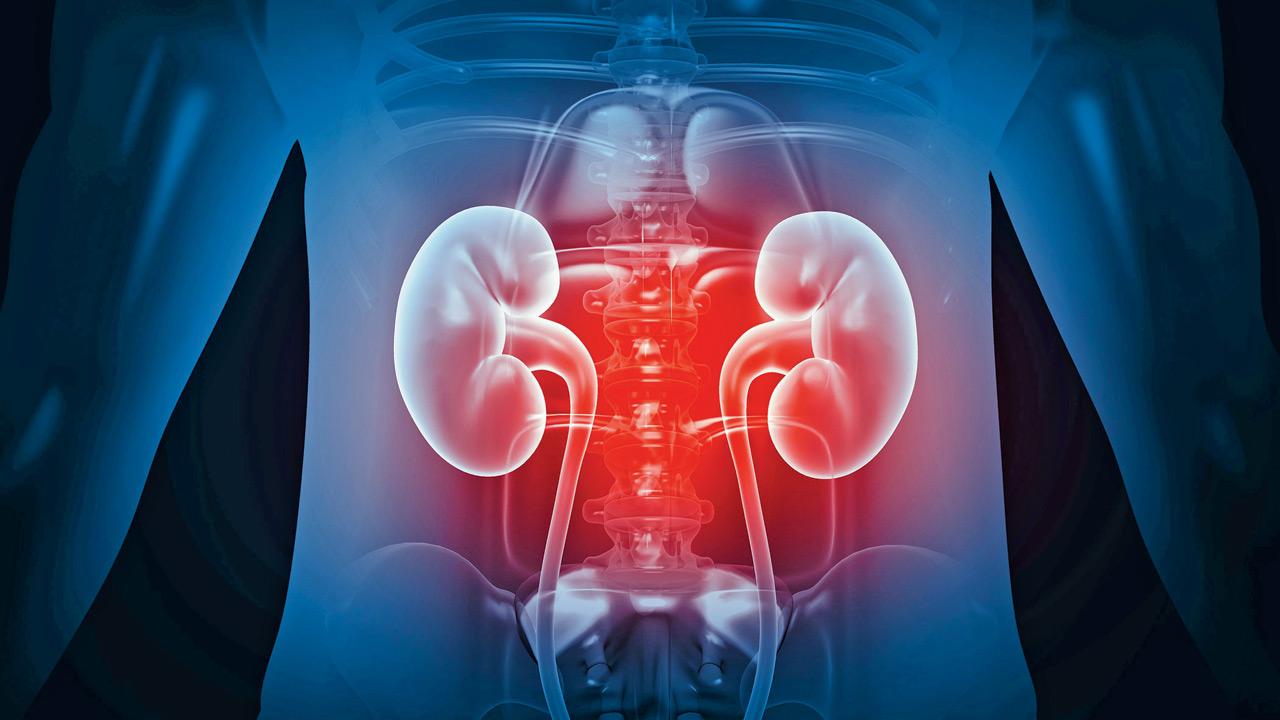For the first time, a team from the University of British Columbia (UBC), Canada, has successfully performed a human kidney transplant using an organ converted from blood type A to the universal type O. This groundbreaking procedure relies on UBC’s special enzymes as a key tool to reduce the risk of organ rejection.
Patients with type O blood can only receive type O organs. However, type O kidneys are often given to recipients of other blood types due to their universal compatibility. The researchers’ initial goal was to create universal donor blood by removing the sugars that determine blood type. During their work, they discovered that these same sugars—called antigens—also cover the blood vessels in organs.
Using this knowledge, the team converted a kidney to type O using enzymes and transplanted it into a brain-dead recipient. The kidney initially functioned well, although a mild immune reaction—much less severe than usual—was observed on the third day.
This innovative approach could pave the way for expanding the availability of compatible donor organs and improving transplant outcomes.
*Disclaimer: This story has been sourced from a third-party syndicated feed. Mid-day accepts no responsibility or liability for the dependability, trustworthiness, reliability, or accuracy of the information presented. Mid-day management and mid-day.com reserve the sole right to alter, delete, or remove content at their absolute discretion without prior notice.*
—
Help us improve by providing detailed feedback and stand a chance to win a 3-month e-paper subscription!
https://www.mid-day.com/news/world-news/article/canadian-researchers-achieve-milestone-with-enzyme-converted-universal-donor-kidney-transplant-23597126

